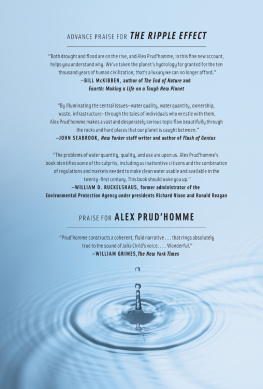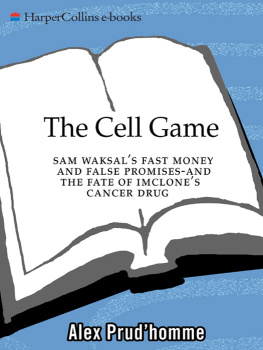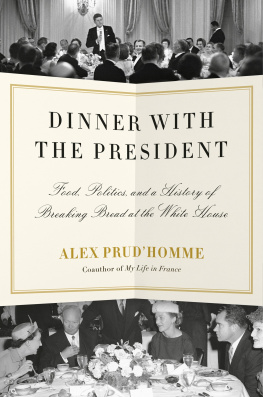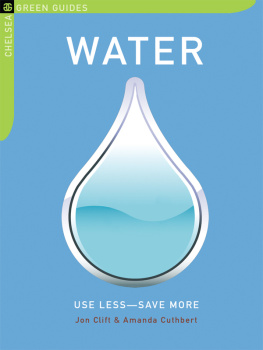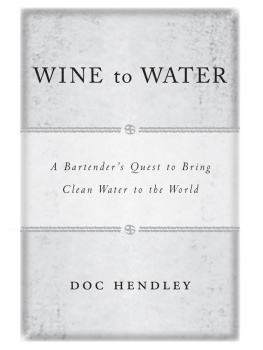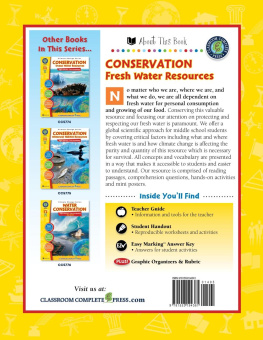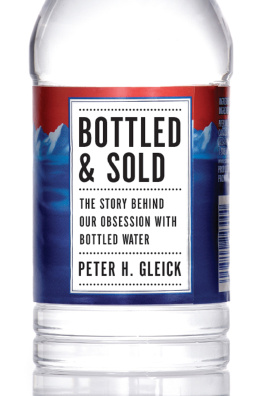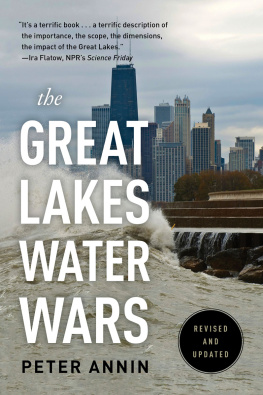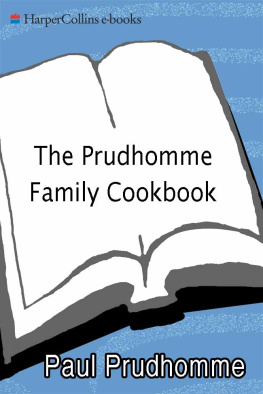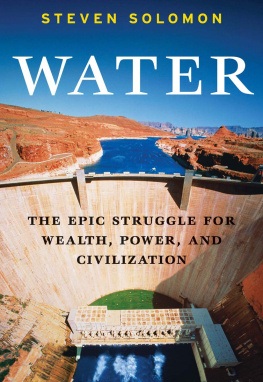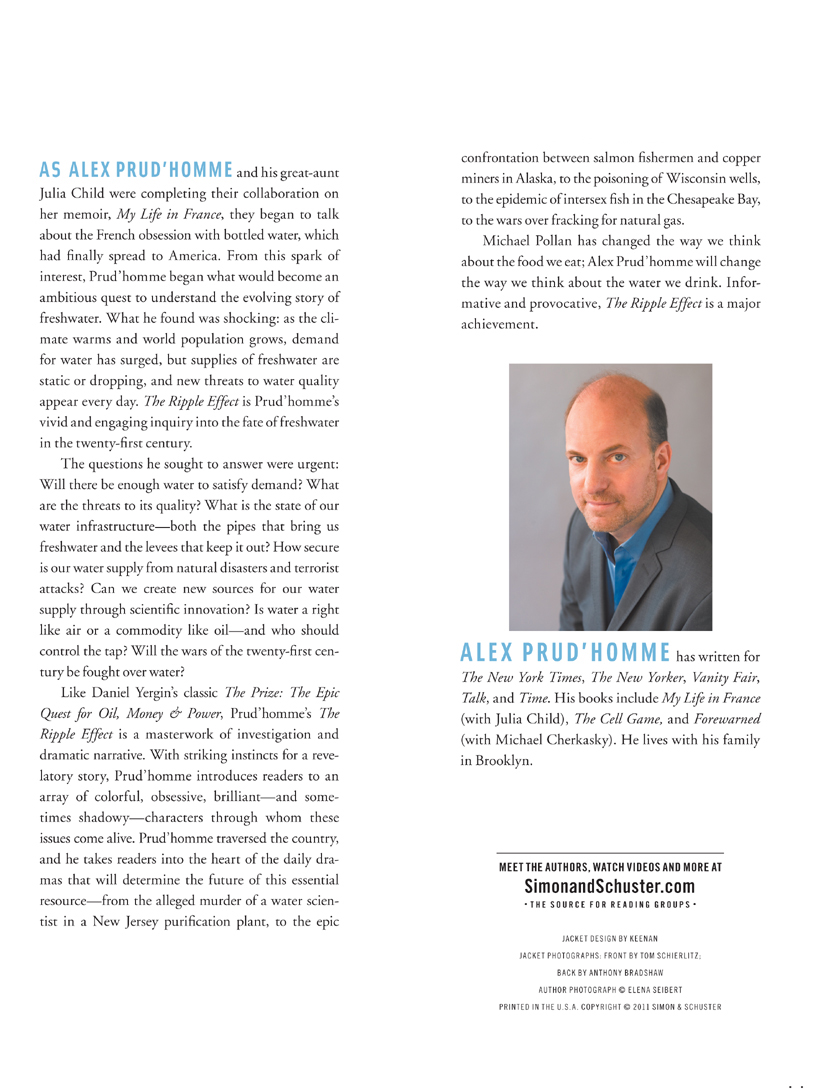

ALSO BY ALEX PRUDHOMME
My Life in France (with Julia Child)
The Cell Game
Forewarned (with Michael Cherkasky)
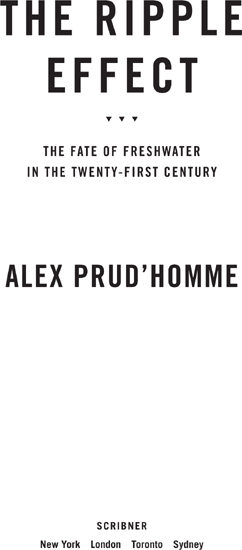

SCRIBNER
A Division of Simon & Schuster, Inc.
1230 Avenue of the Americas
New York, NY 10020
www.SimonandSchuster.com
Copyright 2011 by Alex Prudhomme
All rights reserved, including the right to reproduce this book or portions thereof
in any form whatsoever. For information address Scribner Subsidiary Rights Department,
1230 Avenue of the Americas, New York, NY 10020.
First Scribner hardcover edition June 2011
SCRIBNER and design are registered trademarks of The Gale Group, Inc.,
used under license by Simon & Schuster, Inc., the publisher of this work.
The Simon & Schuster Speakers Bureau can bring authors to your live event.
For more information or to book an event contact the Simon & Schuster Speakers Bureau
at 1-866-248-3049 or visit our website at www.simonspeakers.com .
Manufactured in the United States of America
1 3 5 7 9 10 8 6 4 2
Library of Congress Cataloging-in-Publication Data
Prudhomme, Alex.
The ripple effect : the fate of freshwater in the twenty-first century / Alex Prudhomme.
p. cm.
1. Water-supplyForecasting. 2. Fresh water. 3. WaterPollution. I. Title.
TD345.P77 2011
333.91dc22
2011008951
ISBN 978-1-4165-3545-4
ISBN 978-1-4391-6849-3 (ebook)
For Sarah, Hector, and Sophia
Contents
PART IV: WATER IN THE TWENTY-FIRST CENTURY:
CONFLICT AND INNOVATION
THE RIPPLE EFFECT
Take almost any path you please, and ten to one it carries you down in a dale, and leaves you there by a pool in the stream. There is magic in it. Let the most absent-minded of men be plunged in his deepest reveriesstand that man on his legs, set his feet a-going, and he will infallibly lead you to water. Deeper the meaning of that story of Narcissus, who because he could not grasp the tormenting, mild image he saw in the fountain, plunged into it and was drowned. But that same image we ourselves see in all rivers and oceans. It is the image of the ungraspable phantom of life; and this is the key to it all.
Herman Melville, Moby-Dick
PROLOGUE
Under Pressure
, on the bottom of a concrete tank filled with a million gallons of bitterly cold water, lay a body. The tanks fifty-pound lid was slightly askew; its usually secure bolts were loose or missing. Shards of glassthe remains of a beaker for taking water sampleswere scattered across the concrete floor. This was in early February 2005, in a state-of-the-art water purification plant in suburban New Jersey.
The victim was Geetha Angara, a well-liked forty-three-year-old hydrochemist. She was the mother of three, the wife of a banker, had a PhD in organic chemistry from New York University, and had worked at the Passaic Valley Water Commission plant for twelve years. In 2004, the plant underwent a $70 million upgrade, during which a chlorine treatment system was replaced by an ozone-based system. At the same time, Angara was promoted to senior chemist. Her job was to maintain water quality to standards set by the Environmental Protection Agency (EPA) and to oversee the new ozone generators, which would suffer from cracks and other problems. A colleague recalled that during the plants rededication, Angara was in such a fabulous mood, [but] other people around her werent.
An autopsy showed that Angara had been forcibly subdued but that she was still alive when she fell, or was pushed, into the tank. There was no way out, said Passaic County prosecutor James Avigliano. The water level was five feet below the opening. It was pitch-dark, ice-cold, thirty-six-degree water. There were no ladders. It was just a horrible way to die. There is no doubt that this is homicide.
The Passaic treatment plant sits on the outskirts of Totowa, a bustling suburb of ten thousand, just west of Manhattan. The plant purifies 83 million gallons of drinking water a day. Although New Jersey has relatively large water reserves, the states rapid growth has put tremendous pressure on its water supplies. Towns are competing for the same resources, water rates are rising, decades of pollution have poisoned rivers and aquifers, and infrastructure is aging.
As in many states that suffer from similar problems, private water companies sensed an opportunity in New Jersey and began to move in. By the mid-1980s, in town meetings. Local environmental groupsworried that the developments would contaminate the watershedfiled lawsuits to block them. A 1993 settlement preserved 650 of the disputed acres. But in 2000, the companyrenamed United Water Resources, and operating in fourteen statespushed to develop a twenty-acre parcel adjacent to the Oradell Reservoir, near the town of Emerson, and just a few miles from the Passaic Valley water plant. This time, the Environmental Defense Fund, a national environmental group, spearheaded the drive to protect drinking supplies. Both sides were threatening legal action when the giant French water company Suez took a controlling interest in United Waterfor $1.36 billion, in mid-2000and brokered a truce. In December 2001, the borough of Emerson purchased the disputed lot for $7.8 million and turned it into a nature preservethough the battle still rankles New Jerseyans.
Water is now a big, if unglamorous, business. Disputes over the control of supplies, and the privatization of utilities, have become increasingly common across the countryfrom Atlanta, Georgia, to Stockton, Californiaand around the world, from China to Bolivia. In some cases, privatizing water leads to better service; in many cases, it results in higher fees; occasionally, it has led to social upheaval and violence, as people protest the commoditization of an essential resource.
Geetha Angara was proud of her work at the Passaic Valley treatment plant, and she always conducted her water tests conscientiously. On the day she went missing, she was alone by the water tank for only a short time. That afternoon, colleagues noticed an odd sight: an uneaten sandwich on Angaras impeccable desk; they began to search for her but did not call the police for ten hours. The following afternoon, police divers were called in and eventually discovered her radio and clipboard at the bottom of a tank. But Angaras body had migrated from the main tank into a second tank, the clear well, and wasnt discovered until hours later. Plant administrators worried that the water might have become contaminated and decided to drain the entire 1-million-gallon tank. By the time Angaras body was recovered, chlorine used as a cleansing agent had destroyed any potential DNA evidence.
As news of Angaras death spread in surrounding communities, rumors flew. Officials canceled school, and some local businesses temporarily closed. (A dead body will generally sink as soon as the air in its lungs is replaced by water; once submerged, liquids and feces escape the cadaver, which begins to decompose, rendering the surrounding water unhealthy to drink.) As a precaution against contamination, the Passaic Valley Water Commission issued a boil ordera suggestion that the public boil drinking water, to purify itto seventeen towns. The citizens of Passaic County were forced to confront an uncomfortable fact: their heretofore safe, dependable, boring water supply was not as secure as they had always assumed it was.
Next page
